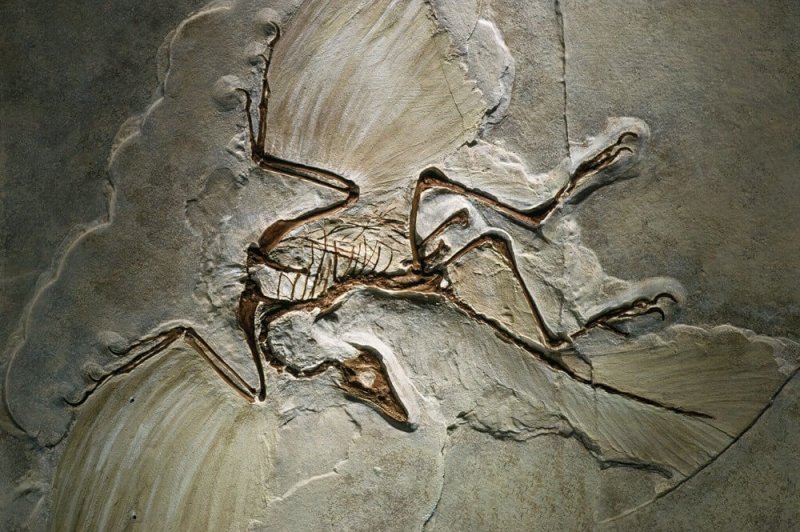In 1972, the eminent palaeontologist Stephen Jay Gould and his colleague Niles Eldredge…sought to explain so-called gaps in the palaeontological record – missing fossils assumed to represent transitional phases between ancient species and the modern ones into which they evolved – by suggesting they were an illusion.
Evolution, they proposed, wasn’t a gradual process, marked by the slow accumulation of new characteristics. Rather, they said, “the history of evolution is not one of stately unfolding, but a story of homeostatic equilibria, disturbed only ‘rarely’ … by rapid and episodic events of speciation.”
…
The controversial theory was roundly attacked by some other prominent voices in the field…However, [Michael Landis and Joshua Schraiber of Temple University in Pennsylvania] push the argument back in favour of speciation as a comparatively rapid, rather than gradual, process.
The pair constructed a mathematical model based on random probability distribution and fed in datasets derived from the morphological characteristics of about 50 clades (genetically-related groups of animals) covering mammals, birds, reptiles, fish and amphibians.
The results fitted best within a framework of punctuated development, with long periods of stasis – averaging around 10 million years – between “jump processes” of “pulsed evolution” lasting as little as 100 generations.
[Read the full study here]
The GLP aggregated and excerpted this blog/article to reflect the diversity of news, opinion, and analysis. Read full, original post: New model backs controversial idea of how evolution works































